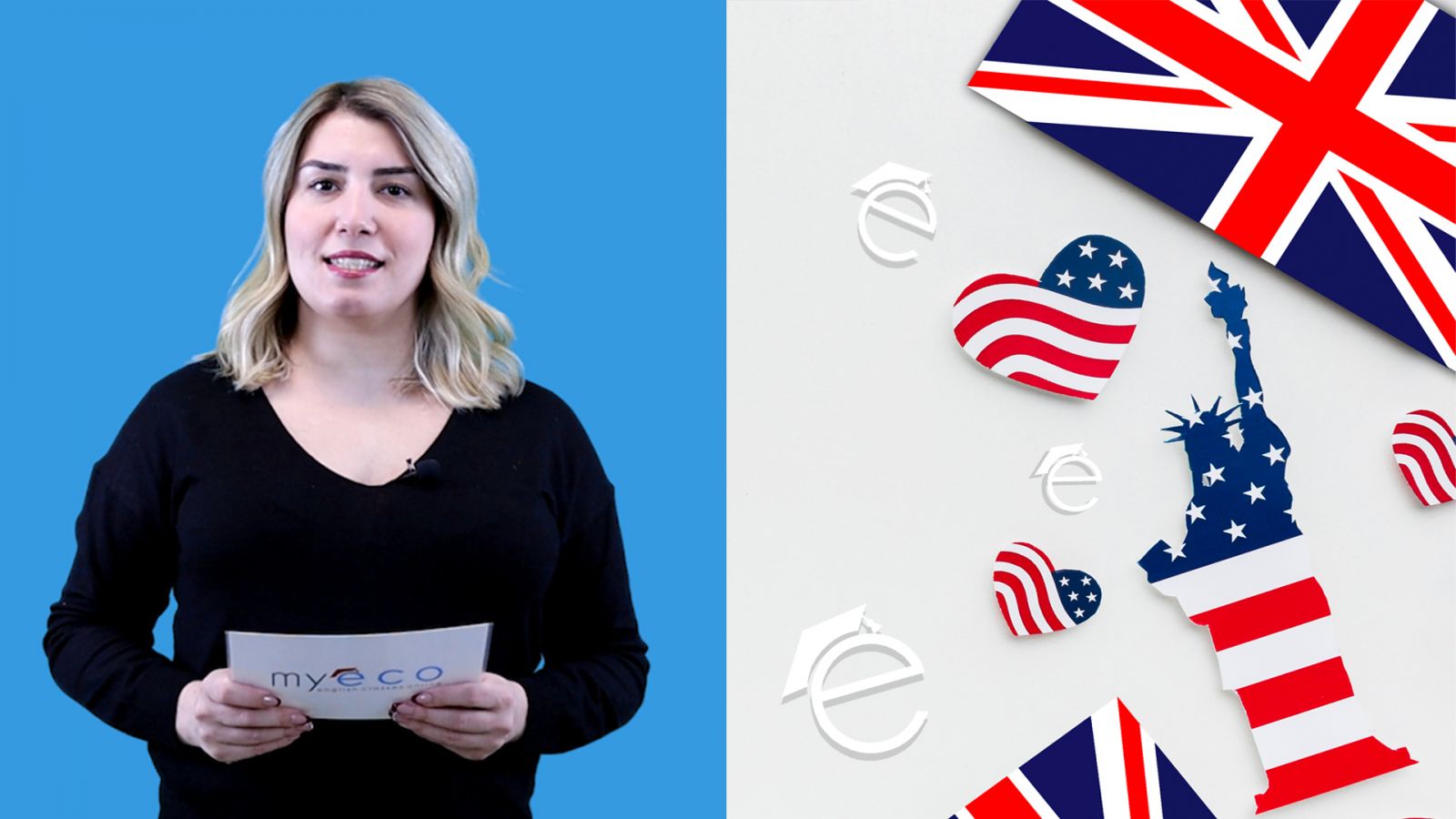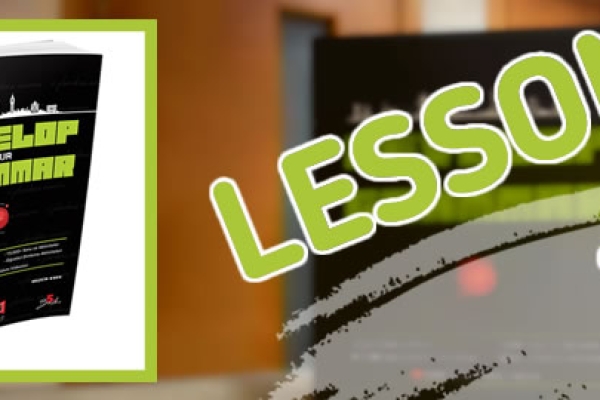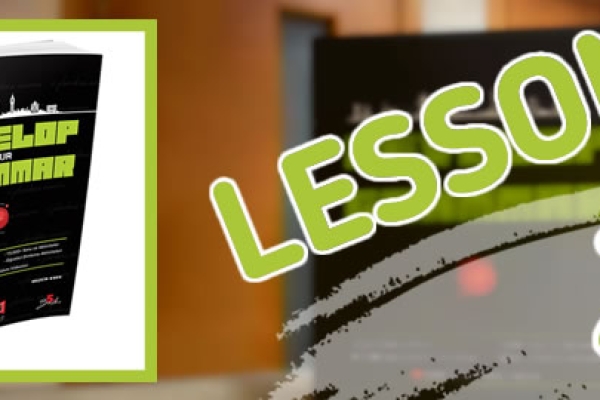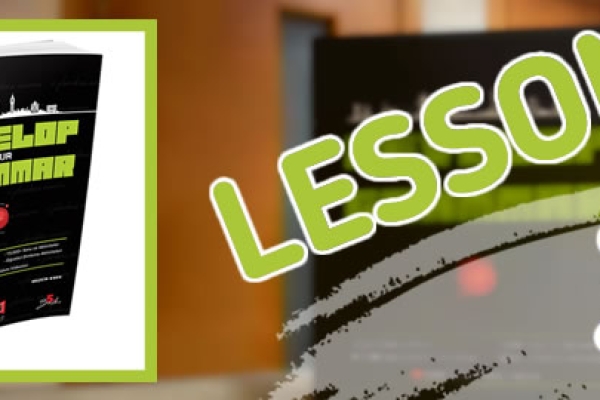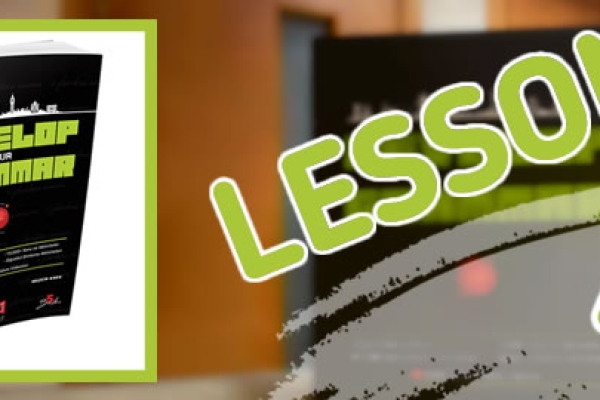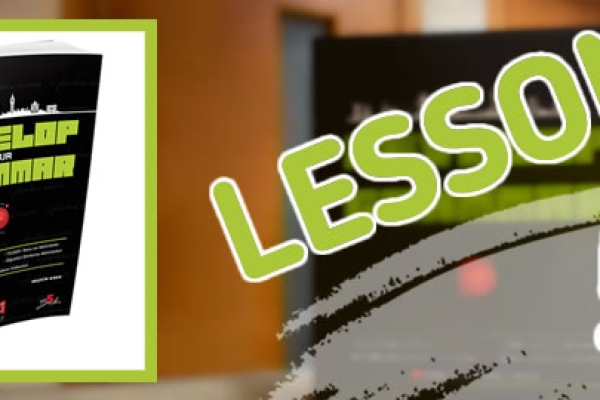Noun Clauses with Question Words
These clauses answer questions and provide more information.
- Who:
- "I wonder who will come to the party."
- What:
- "Do you know what time it is?"
- Where:
- "Can you tell me where she lives?"
- When:
- "I don't know when the meeting starts."
- Why:
- "He didn't explain why he was late."
- How:
- "She showed us how to solve the problem."
Noun Clauses with If and Whether
These clauses often introduce yes/no questions and offer alternative possibilities.
- If:
- "I wonder if he will come."
- Whether:
- "I don't know whether she likes coffee."
Note: "Whether" can be used with "or not" to show both possibilities explicitly.
- "I don't know whether she likes coffee or not."
Usage Tips:
- Subject: "What she said was surprising."
- Object: "I don't know where they went."
- Complement: "The question is whether we should go."
********* ********* ******** ********
Ücretsiz video derslerimiz aynı zamanda TEMEL İNGİLİZCE DİL BİLGİSİ kitabımızın konu anlatımlarıdır. Temel İngilizce Dil Bilgisi kitabımız ile bu videolara çalışarak İngilizce öğrenebilirsiniz.
Kitabı incelemek için aşağıdaki resme tıklayınız.
Temel Seviyede daha fazla ve farklı video dersler izlemek, daha fazla soru çözmek ve online aktiviteler yapmak için aşağıdaki kursumuzu inceleyiniz. (Resme tıklayınız.)




